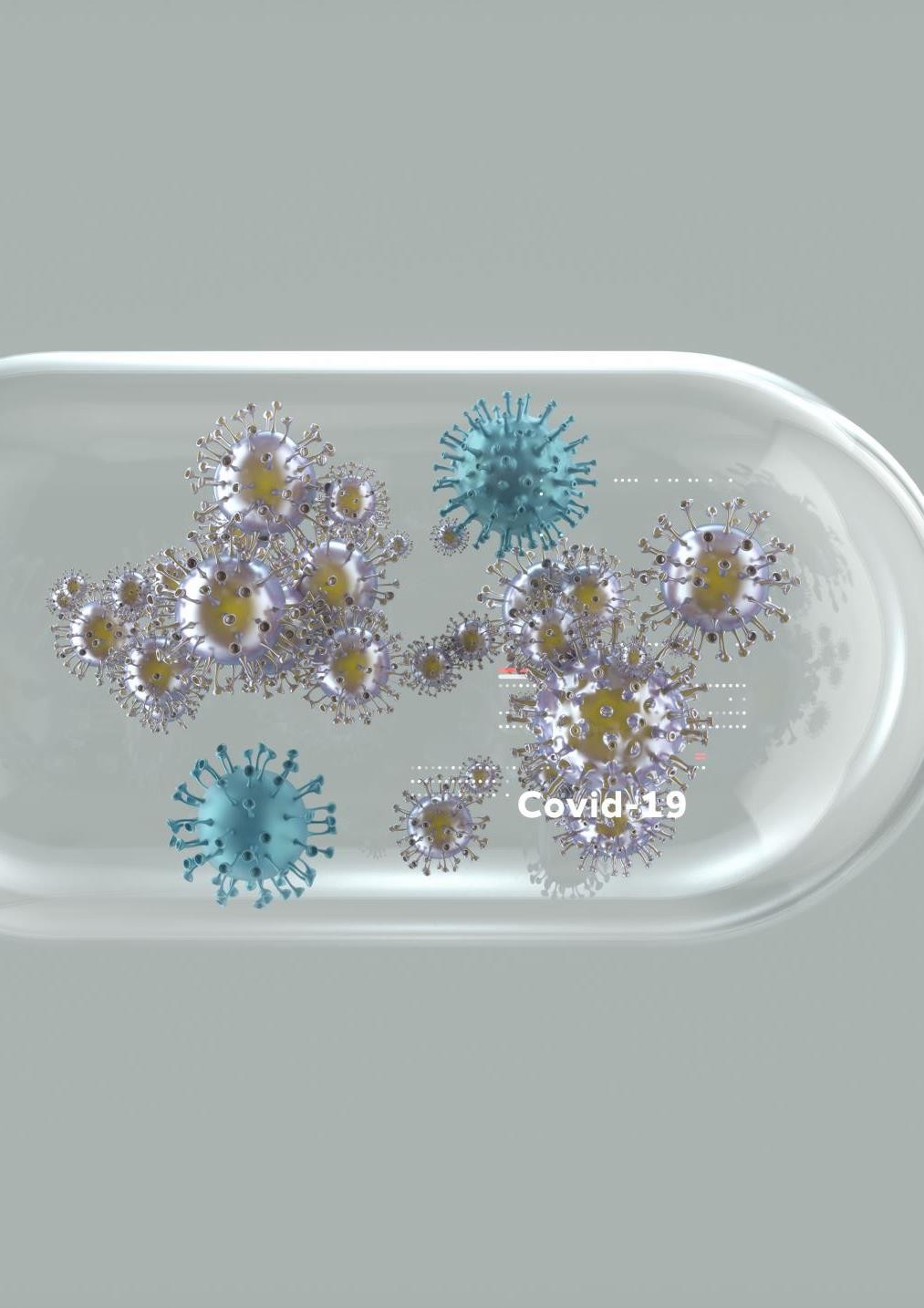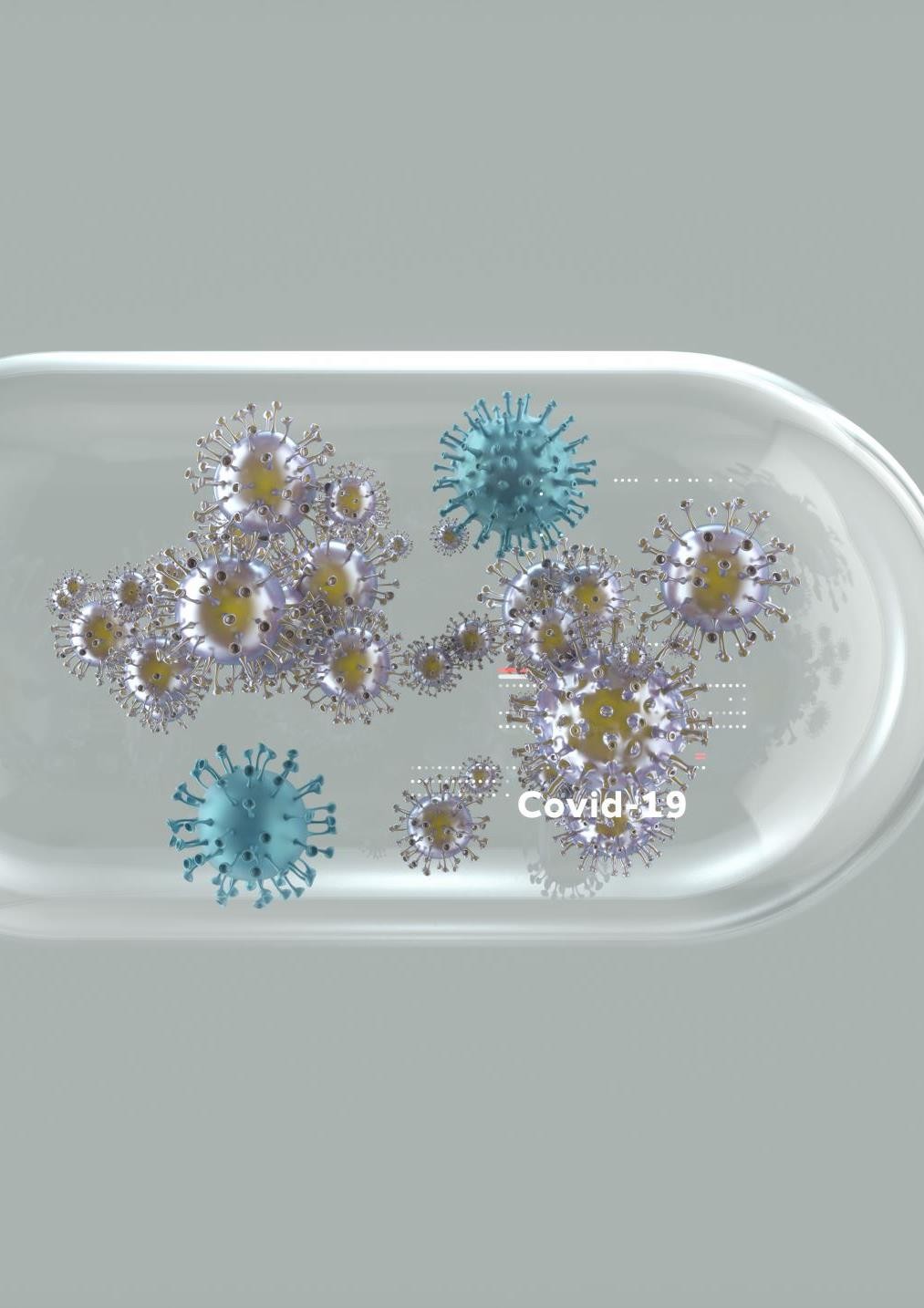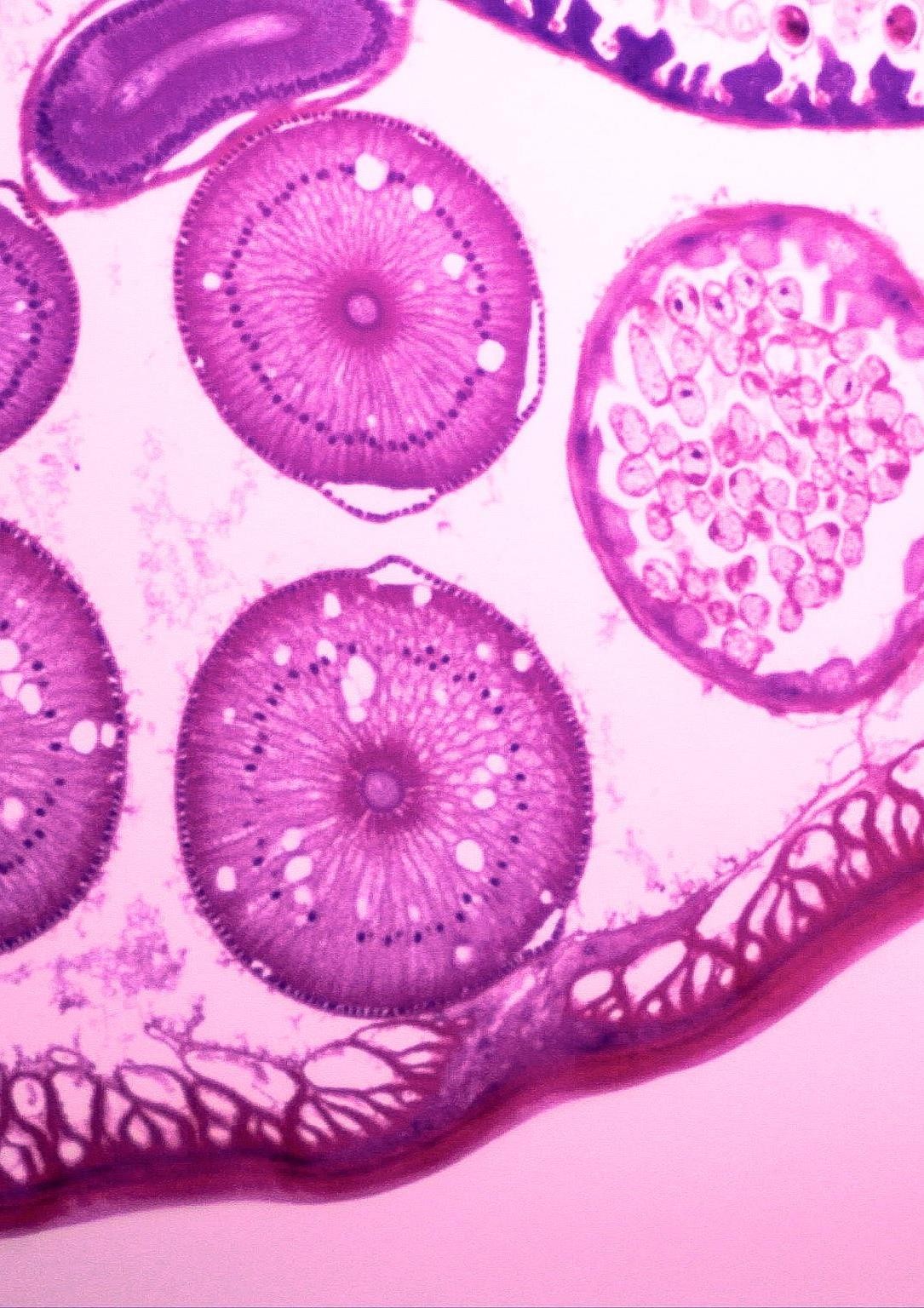Having Bleeding after sex, also called postcoital bleeding, may be frightening. Though it doesn’t always signal an important problem, it can never be neglected. Bleeding can be due to a large number of reasons ranging from a small injury to serious medical ailments. Knowing the potential causes is crucial to find out if evaluation by a physician is required.
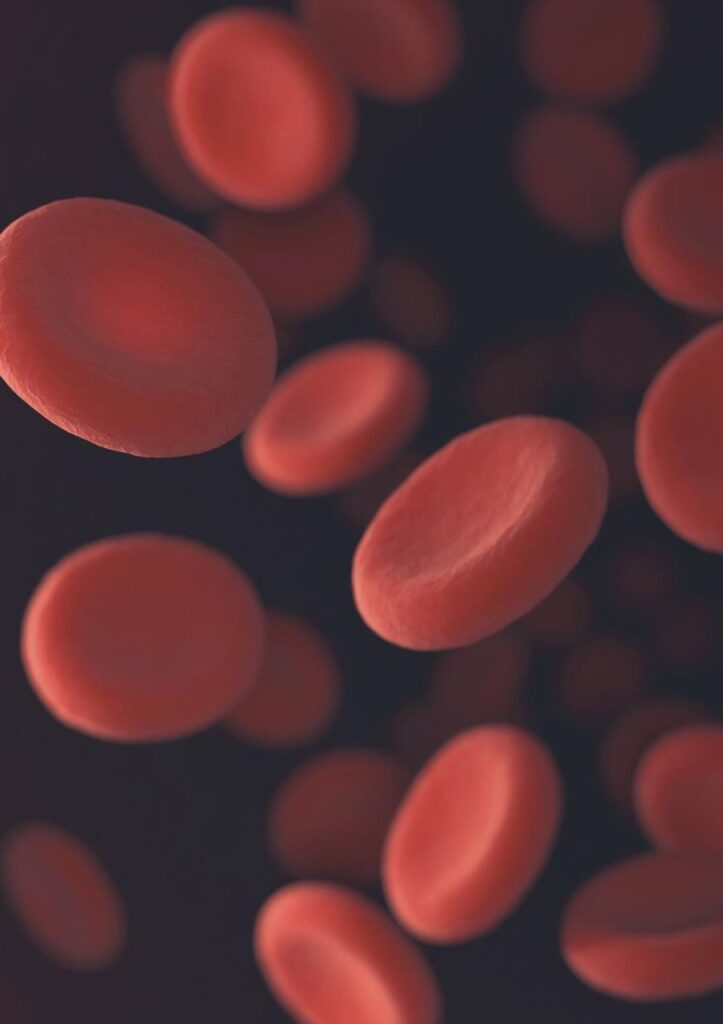
Common Causes of Postcoital Bleeding
Vaginal Dryness
Postcoital bleeding is a frequent and benign cause of postcoital bleeding. If the vaginal tissues are not adequately lubricated, intercourse will cause small tears or irritation by friction, which lead to bleeding. Vaginal dryness can be caused by:
Hormonal change (especially low estrogen after menopause, breastfeeding, or as a result of birth control pills)
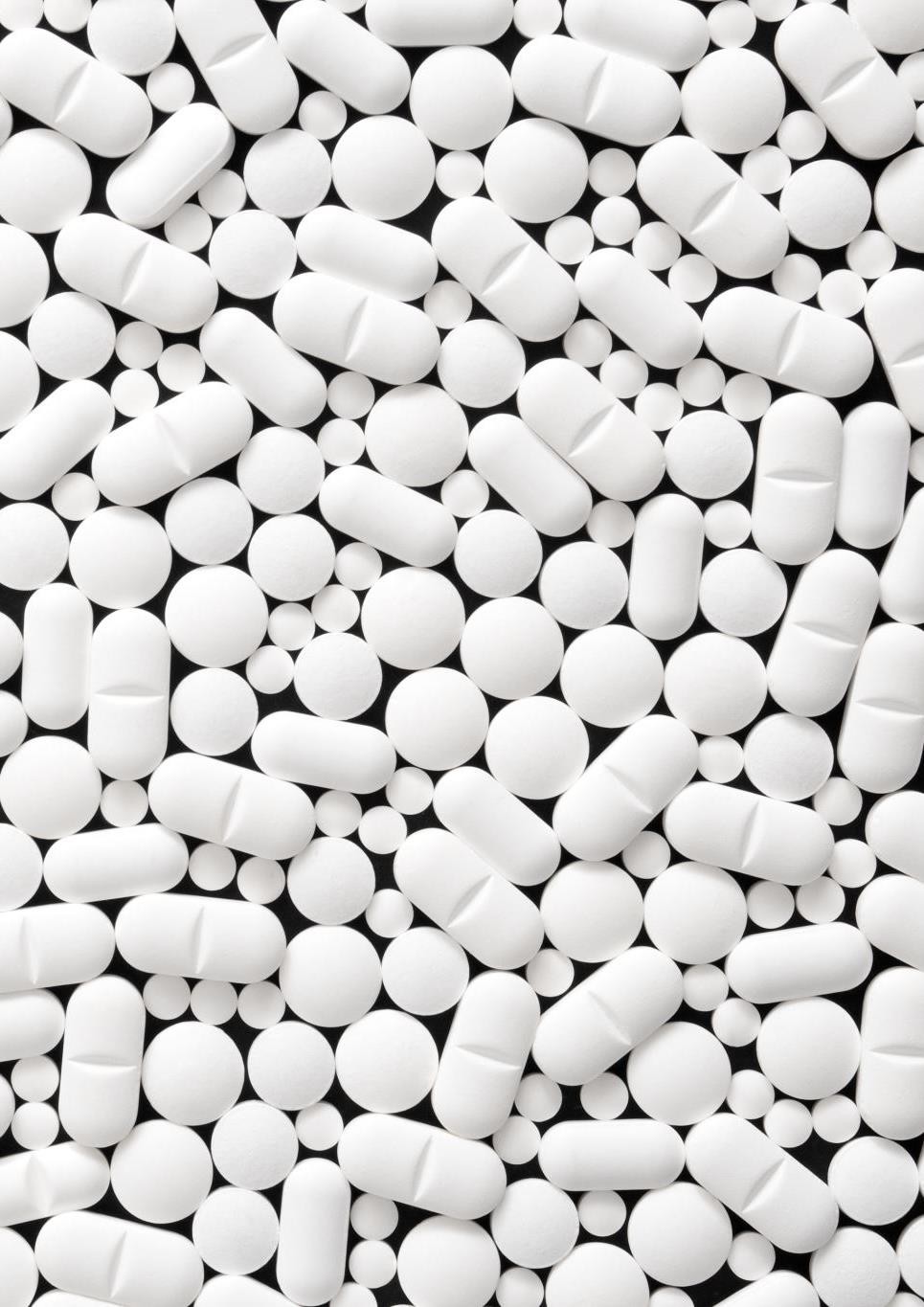
Certain medications (e.g., antihistamines or antidepressants)
Inadequate arousal
Using a water-based lubricant during sex in these cases can generally eliminate these issues. Chronic dryness should, however, be discussed with a health care provider.
Cervical Ectropion (Cervical Erosion)
In cervical ectropion, the thinned cells of the inner surface of the cervical canal are present on the outer cervix. These cells are thinned and bleed easily, especially after coitus. Cervical ectropion is common in young women, pregnant women, and women on hormonal contraceptives. It’s generally benign and does not require treatment unless symptomatic.
Infections
Some infections that are spread during sex (sexually transmitted infections or STIs) or other infections will bleed and swell afterwards, such as:
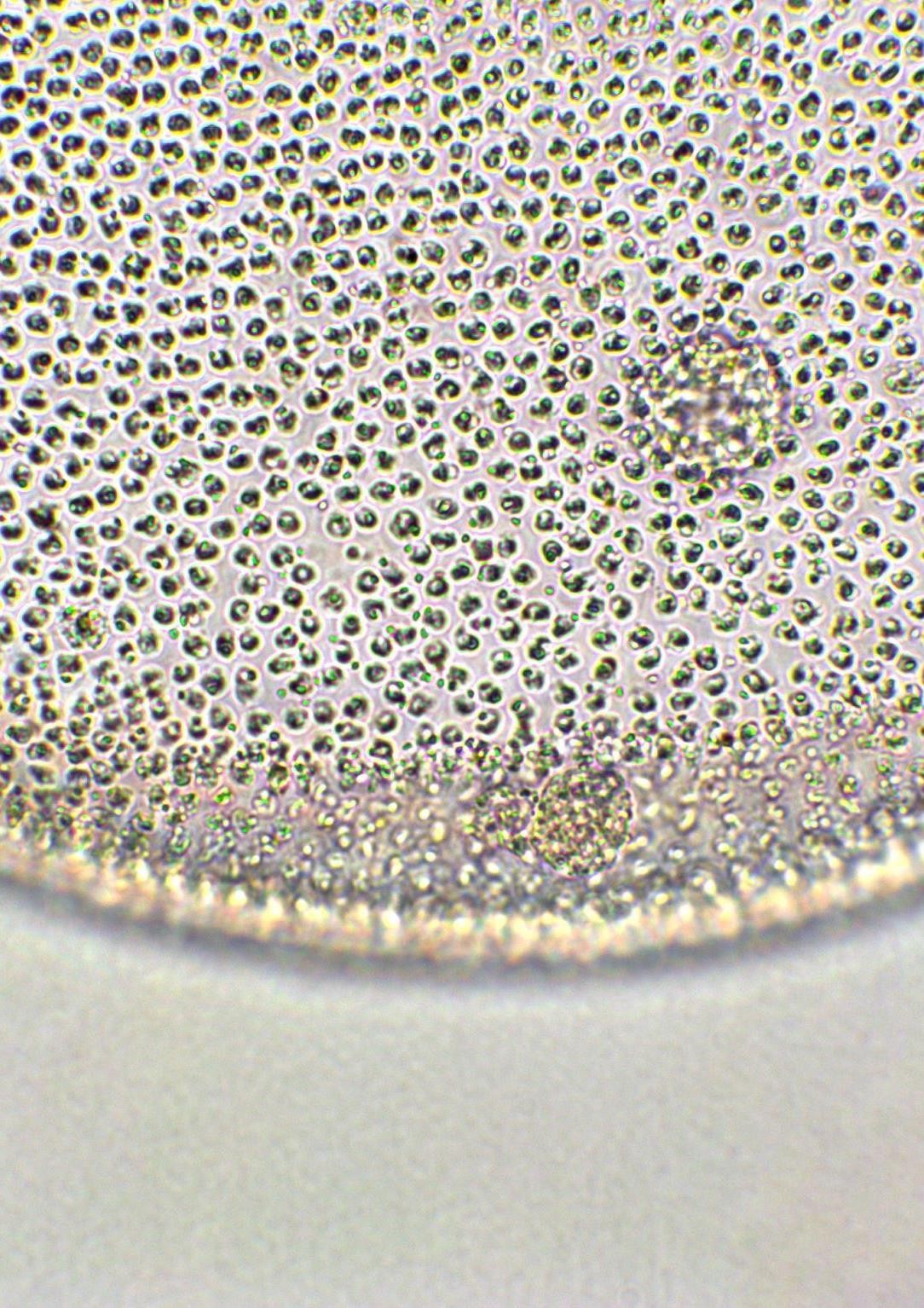
Chlamydia
Gonorrhea Trichomoniasis
Bacterial vaginosis Yeast infections
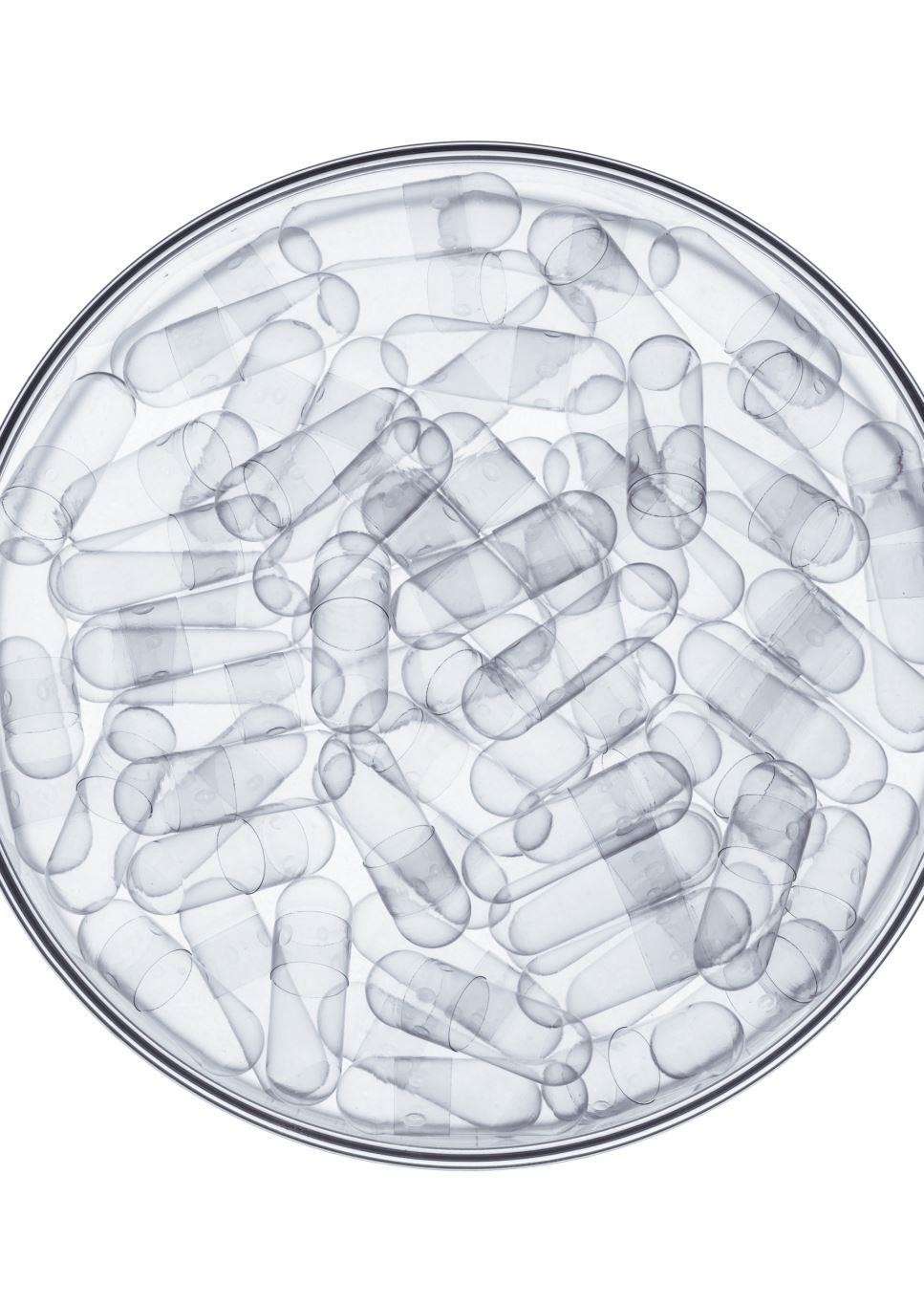
They can become inflamed and cause vaginal tissue or the cervix to bleed more easily. Other symptoms may include an unusual discharge, odor, itching, or burning urinating.
Early treatment and diagnosis should prevent complications from occurring.
Trauma or Injury

Rarely, the bleeding can also be caused by some kind of sex-related trauma or injury. This will happen when:
The sex is rough or forced.
There is inadequate lubrication.
There is insertion of objects into the vagina (e.g., dildos).
There is a jerky or clumsy movement.

Small scrapes or cuts heal on their own. But if bleeding is excessive or won’t subside, consult a doctor.
Polyps
Polyps of the cervix or endometrium are benign growths on the cervix or within the uterus. They can be fragile and easily bleed when stimulated during intercourse. Most polyps are harmless, but doctors typically recommend removal and histological assessment to rule out any pathology.
Cervical Dysplasia and Cancer
While less common, bleeding with sexual intercourse may be an early manifestation of cervical dysplasia or cervical cancer (pre-cancerous or early cancerous change). For that reason, postcoital bleeding should never be taken lightly, especially if it occurs repeatedly.
Pap smear screening and HPV testing allow for early detection of cervical changes. Early-stage cervical cancer may be asymptomatic, so screening is essential to identify it on time.
Vaginal Atrophy
Also known as atrophic vaginitis, vaginal atrophy is the thinning, drying, and inflammation of the vaginal walls, usually a result of decreased estrogen levels after menopause. Vaginal atrophy makes the vagina susceptible to tears and bleeding on intercourse. Painful sex (dyspareunia), burning, itching, and pain are the effects of vaginal atrophy.
Treatment includes the use of estrogen therapy in the vagina, moisturizers, and lubricants.
Endometriosis
In endometriosis, uterine tissue occurs outside the uterus, perhaps reaching to the vagina, cervix, or surrounding tissues. This can lead to bleeding after intercourse, especially if the lesions are stimulated when having sex. Symptoms of endometriosis are pelvic pain, heavy periods, and infertility.
Uterine Fibroids
Fibroids are benign growths that arise in the uterine wall. Depending on their size and position, they can cause abnormal bleeding, e.g., after intercourse. Other symptoms are heavy menstrual bleeding, pelvic pressure, and frequent urination.
When to See a Doctor
While an occasional light spot of blood after intense sex is not typically a cause for alarm, there are a few circumstances under which medical attention is required:
Recurrent bleeding after sex
Heavy bleeding that requires pad changes
Painful or painful-for-awhile sex Unusual vaginal discharge (especially odorous)

Postmenopausal bleeding
Abnormal Pap smear history
Your doctor will likely take a full history, conduct a pelvic exam, and possibly order tests like a Pap smear, infection cultures, ultrasound, or colposcopy (a close-up cervical examination).
Diagnosis and Treatment
The treatment of bleeding after sex depends on its cause:
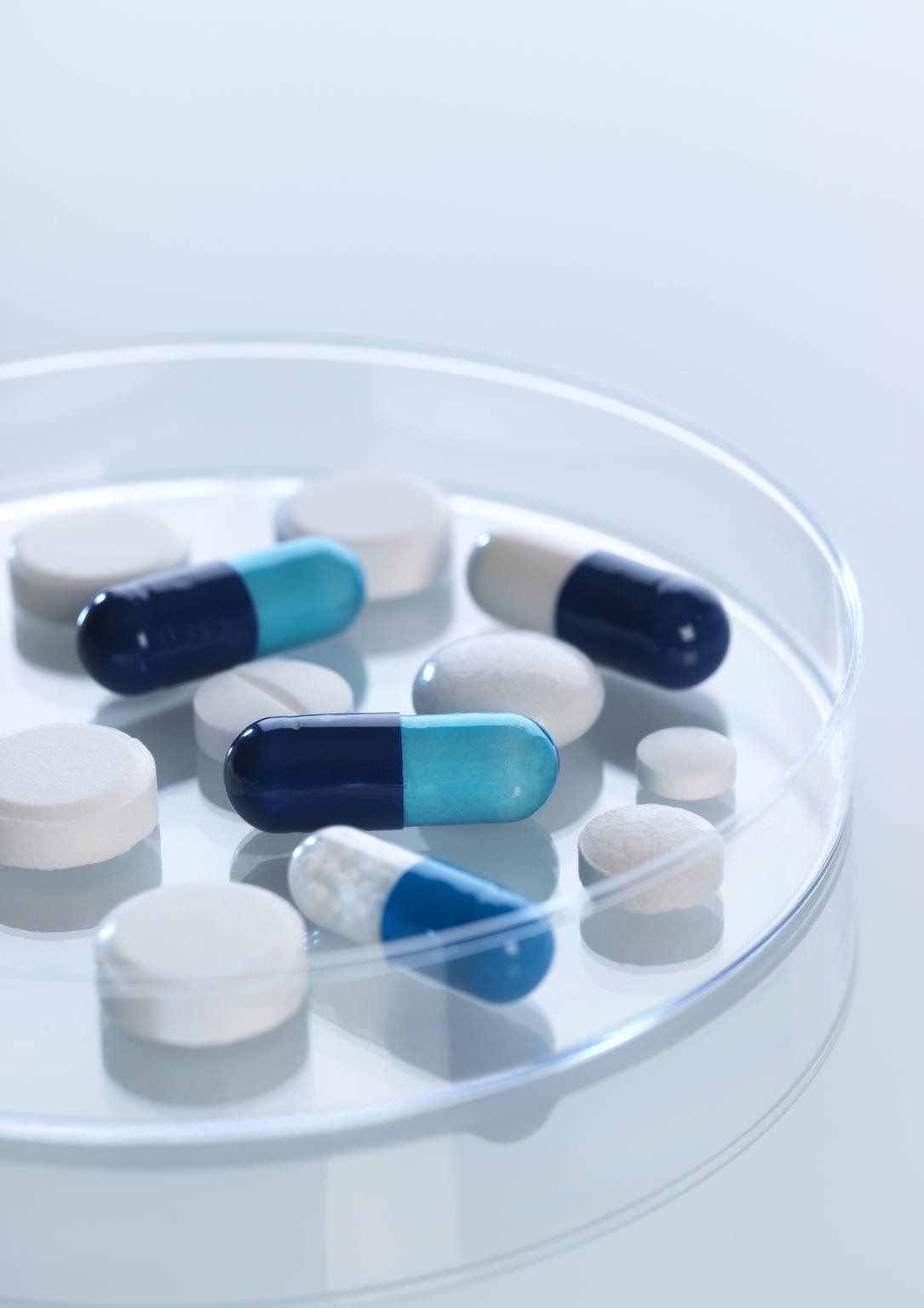
Infections are treated with antifungals or antibiotics.
Polyps can be surgically removed.
Dryness of the vagina is treated with lubricants or estrogen replacement therapy.
Precancerous lesions or cancer need specialized treatment, which can involve surgery, radiation, or chemotherapy.
Early diagnosis and treatment can usually correct the underlying problem and avoid complications.
Preventive Tips
The following are some tips to decrease the risk of postcoital bleeding:
Provide sufficient foreplay to allow natural lubrication.
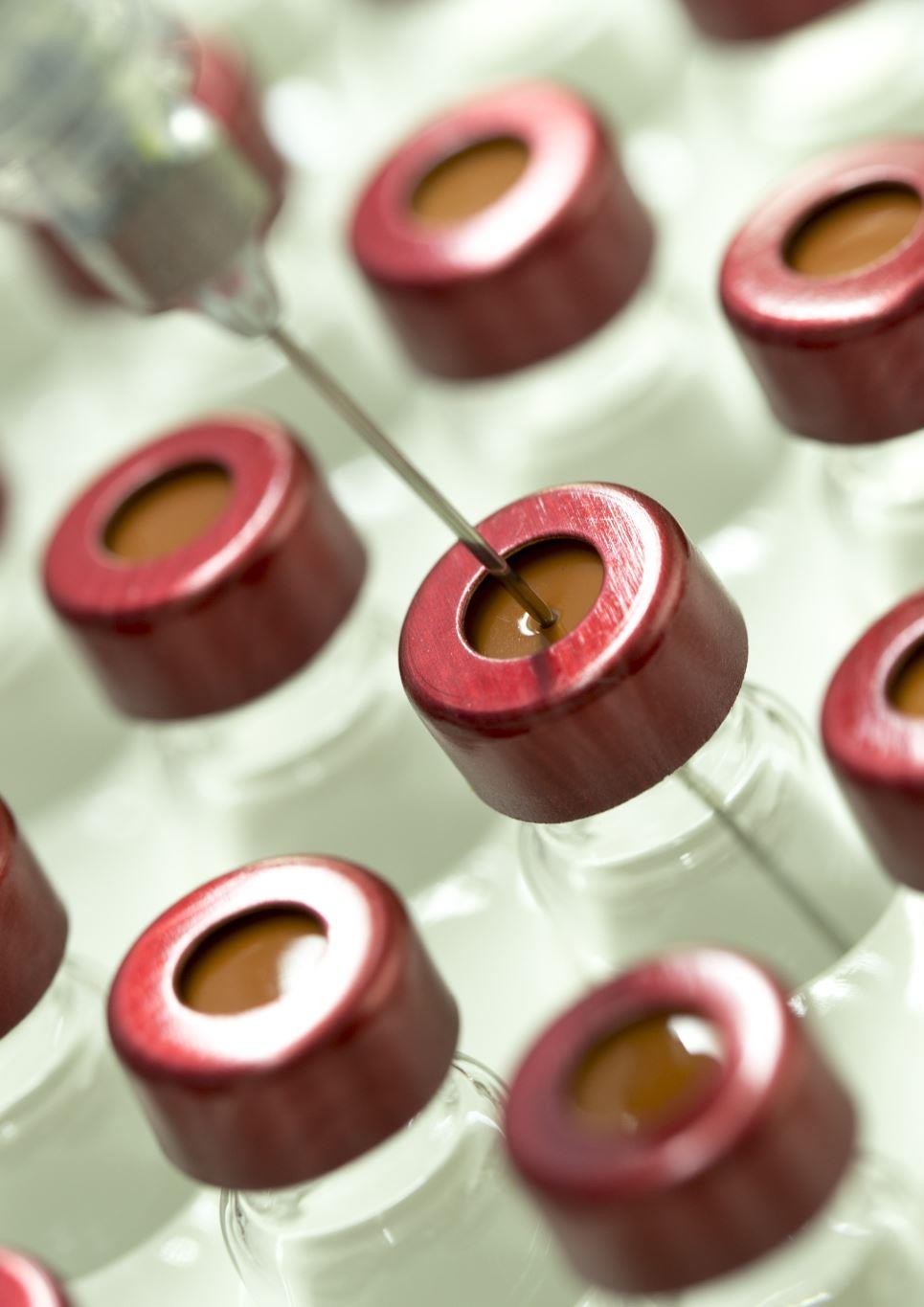
Use water-based lubricants to reduce friction.
Steer clear of harsh soaps or douches that may irritate vaginal tissues.
Have regular gynecological exams and Pap smears.
Treat infections early.
Communicate openly with your partner about comfort and consent during sex.
Conclusion
Bleeding after intercourse is a cause for concern, but it is not always a sign of anything serious. From minor conditions like dryness or polyps to more severe conditions like infection or cancer, many things can be to blame. With an awareness of the possible causes comes the start of proper treatment. In case you have persistent or severe bleeding, don’t delay in visiting the services of a health care provider. Early assessment can be reassuring — and sometimes is life-saving.

